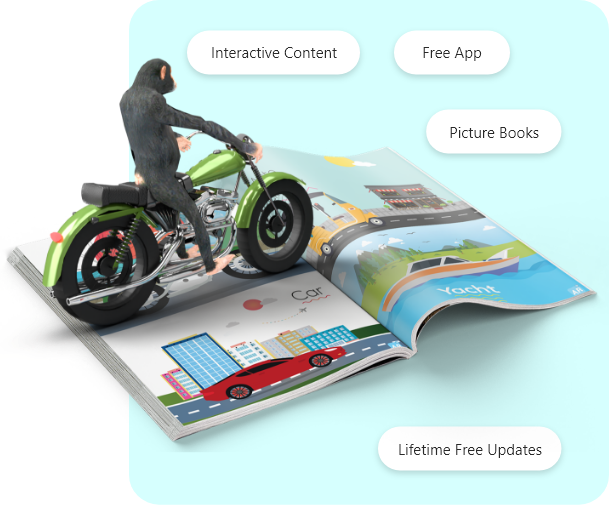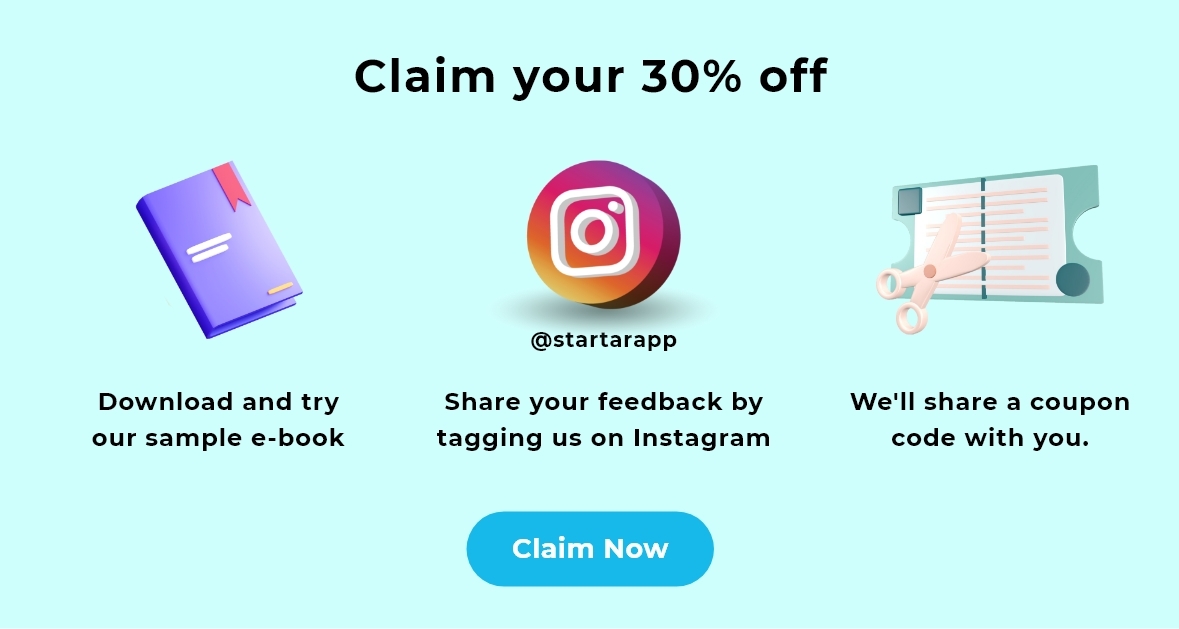The education landscape is undergoing a metamorphosis. Driven by technological advancements, evolving societal needs, and a global emphasis on lifelong learning, traditional models are being challenged, and new paradigms are emerging. So, what does the future of education hold? Buckle up, as we delve into the exciting, transformative possibilities shaping the learning experience in the years to come.
From Knowledge Transmission to Skill Development
Gone are the days when rote memorization reigned supreme. The future prioritises skill development over information absorption. Critical thinking, problem-solving, collaboration, creativity, and communication will be essential tools for navigating an increasingly complex world. Curriculums will shift towards fostering these skills through project-based learning, real-world application, and interdisciplinary approaches.
Technology as a Catalyst for Transformation
Technology is no longer an optional add-on but an integral part of the learning ecosystem. Immersive virtual reality experiences will transport students to distant lands and historical periods, while artificial intelligence (AI) tutors will provide personalised learning pathways. Smart classrooms equipped with interactive screens and collaborative tools will enhance engagement and cater to diverse learning styles. However, it’s crucial to recognise that technology is a tool, not a replacement for human interaction. Effective educators will leverage technology while cultivating essential social and emotional skills.
Personalised Learning Takes Center Stage

One-size-fits-all education is on its way out. The future embraces personalised learning, where individual strengths, weaknesses, and interests guide the learning journey. Adaptive learning platforms will tailor content and pacing to each student’s needs, ensuring they progress at their own pace.
AR and VR can personalise learning experiences by creating interactive simulations and environments tailored to individual student needs and interests. For example, a student struggling with geometry concepts could explore 3D models in VR, while another passionate about history could travel virtually through ancient civilizations in AR. VR/AR can certainly facilitate the creativity and innovation emphasised in the UNESCO report, enhancing the learning experience.
Imagine a history textbook where battles come alive! With AR books, like the one developed by StartAR, students simply scan illustrations to trigger 3D animations of historical events, complete with interactive elements. Explore the layout of ancient Rome, witness the signing of the Declaration of Independence, or walk alongside dinosaurs – all within the pages of a book. This personalised, immersive experience enhances understanding, fuels curiosity, and ignites a passion for learning, making AR books a powerful tool for the future of education.
Lifelong Learning Becomes the Norm

In a world of rapid change, knowledge becomes obsolete quickly. The future of education emphasises lifelong learning, empowering individuals to continuously adapt and update their skillsets. Micro-credentials and stackable qualifications will provide bite-sized learning opportunities relevant to specific needs and career goals. Universities and professional organisations will offer continuing education programs, and informal learning platforms will flourish, making knowledge accessible to all.
Global Collaboration and Shared Learning
Education will transcend geographical boundaries. Online learning platforms and virtual exchange programs will connect students across the globe, fostering intercultural understanding and collaboration. Global citizenship education will equip learners with the knowledge and skills to address global challenges like climate change and social inequality. This interconnected learning environment will prepare students to thrive in a world increasingly defined by its global nature.
Challenges and Opportunities on the Horizon
While the future of education promises exciting possibilities, there are challenges to overcome. Ensuring equitable access to technology and quality education for all remains a critical concern. Additionally, ethical considerations surrounding data privacy and AI use in education require careful navigation. However, these challenges also present opportunities for collaboration and innovation. By working together, educators, policymakers, and technology developers can ensure that the future of education is inclusive, accessible, and empowering for all.
Looking Ahead with Optimism
The future of education is painted with vibrant hues of change and transformation. Technology, personalised learning, lifelong learning, and global collaboration will redefine the learning experience, equipping individuals with the skills and knowledge needed to thrive in an ever-evolving world. While challenges exist, they are overshadowed by the immense potential this future holds. Let us embrace these changes with optimism and work together to build an education system that prepares learners for a future filled with possibility.




